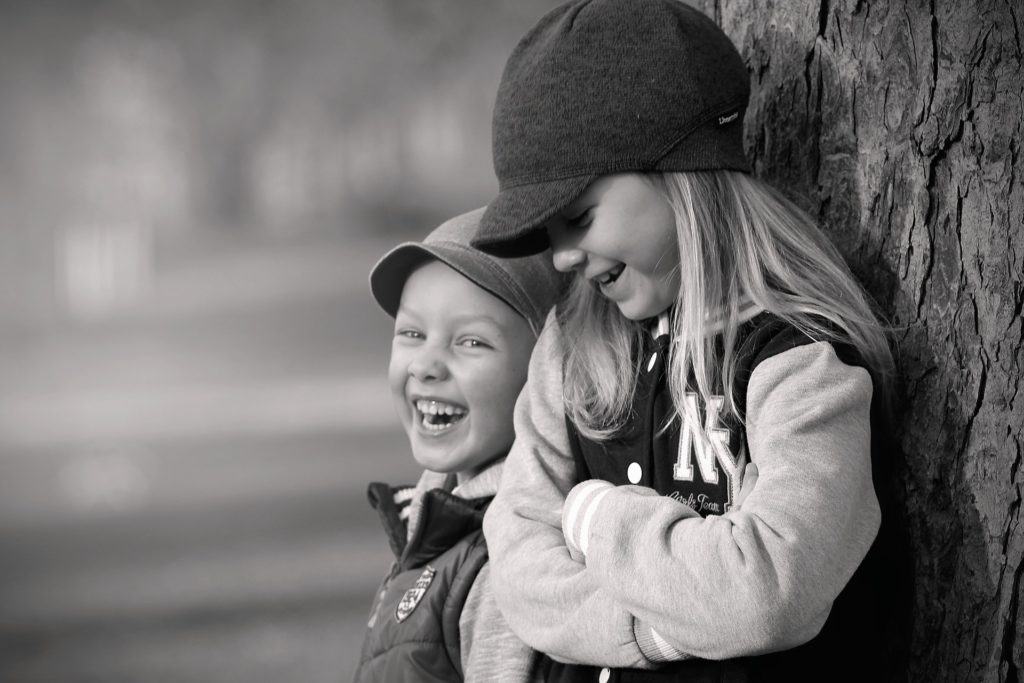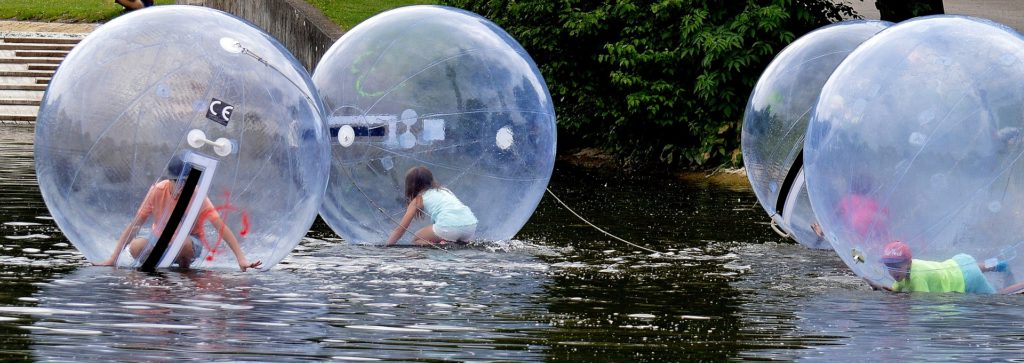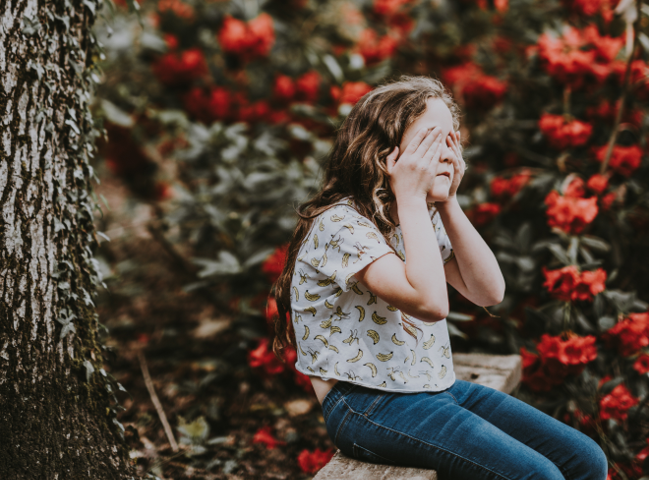Year 5 Junior School – Juniors
By the end of year 5, your little one will appear more mature and grown up. But this year is the calm before the storm.
The excitement of Year 6 now looms on the horizon. Children this year look forward to being the oldest in the school next year, as they head for the finish line.
Most children think this is the last year to have fun, before the ‘hard’ work starts in Year 6, but in reality, this is their final year of primary school.
They will both work hard and play hard this year more than any year – they just won’t realise it.
In year 6, they will be caught up with their SATs exams; the transition to secondary school; the end of year trip and school production.
More importantly, they will be in a transitory mindset – being here, but at the same time not . A bit like waiting on a platform ready for a train to arrive. Some Year 6s will be excited to be leaving school for new adventures, while others will be apprehensive, concerned or dreading it.
So, as year 5 children enter upper Key Stage 2, they will feel more confident with their feet firmly planted on terra firma.
They will have a lot more responsibility and be expected to develop greater independence; be more organised; packing and looking after all their own equipment: pencil cases, book bags, lunch boxes, doing homework to a good standard, in preparation for leaving school next year. This will help them to develop in maturity – skills needed for secondary school.
What a child should know by the end of year 5 in Literacy:
Children will be expected to use higher level punctuation and grammar more often this year such as: hyphens, semi-colons and colons. They will also learn about modal verbs, like “would, could, might and must, relative clauses, embedded clauses, relative pronouns and so on.

By the end of year 5, children will have covered these following topics:
- Present characters in text according to how they look, react, talk and behave
- Use paragraphs and draw conclusions from printed texts, newspapers, articles etc
- Write complex sentences with correct punctuation. Use new lines for different speakers and put speech in speech marks
- Proofread and edit own text so that it has meaning
- Be able to write adequate instructions for a range of different things; rules for a game, how to use a computer etc
- Be able to use abbreviations to take notes
- Write text suitable for an adult, write text suitable for a young reader, and understand the differences
- Expand their vocabulary using a thesaurus
- Write their own fable, myth, and legend, use appropriate, time, mood and people
- Write explanations with an introductory paragraph, show the cause and effect and finish with a concluding paragraph
- Understand different themes, such as adventure, science fiction and fairy tales
- Be able to use of pronouns as a substitute for nouns
- Use modal verbs
- Use relative pronouns and relative clauses
- Know the difference between written and spoken language
- Understand text relating to different cultures; consider social relationships, attitudes and beliefs
- Explain peoples’ view points, arguing for and against
- Write persuasive arguments, in appropriate layout and using appropriate language
- Avoid using dialect words and slang for example, ‘I should have put’, instead of ‘I shoulda put’
- Know the meanings of words with the prefixes; im-, ir-, il-, pro-, sus-, omni-, tele-
- Understand the meaning of words ending in -ism, -ion,
-ology, -ify, -en - Revise work from previous year
Numeracy
In Numeracy, there will be greater emphasis on fractions, decimals and percentages. Children will need strong times tables for these and be able to use a range of mental maths strategies as well as written methods for addition, subtraction, multiplication and division. They will also have to be able to convert from one type of measure to another. For example, grams to kilograms, centimetres to metres and so on. Not forgetting work with even larger numbers up to 100,000 and use place value information accordingly.
What a child should know by the end of year 5 in Numeracy:
- Order negative and positive numbers to 10,000
- Be able to use decimal places
- Multiply and divide even numbers up to 10,000 by 10 or 100
- Round up numbers to the nearest decimal place
- Understand fractions as decimals, 0.25 = ¼
- Equivalent fractions
- Converting from fractions to decimals to percentages.
- Add and subtract numbers from 10,000
- Subtract four-digit numbers from each other mentally
- Do long multiplication using 2-digit numbers
- Know all times tables and how they are linked to each other
- Be able to do division of a three-digit number by a single digit number
- Understand that rectangles are made up of parallel and perpendicular lines
- Calculate the area of a square and rectangle, understand the meaning of length and breadth also that areas are measured in cm²
- Use simple formulae such as length x breadth = area of rectangle
Solve mental problems on paper using addition, subtraction, multiplication and division appropriately showing working out and using everyday examples
What a child should know by the end of year 5 in Science:
There are many new topics in year 5 and often space, gravity, air resistance are covered including:
Animals including humans
- The changes as humans develop to old age.
Living things and habitats
- Differences in the life cycles of a mammal, an amphibian, an insect and a bird
- Life process of reproduction in some plants and animals.
Properties of materials
- Compare and group together everyday materials on the basis of their properties, including their hardness, solubility, transparency, conductivity (electrical and thermal), and effects on magnets
- Reversible and irreversible reactions
- Knowledge of solids, liquids and gases
- How mixtures can be separated, including filtering, sieving and evaporating
- Fair tests, on everyday materials, including metals, wood and plastic
Earth and Space
- The movement of the Earth, and other planets, in relation to the Sun in the solar system
- Movement of the Moon in relation to the Earth
- The Sun, Earth and Moon as approximately spherical bodies
- The Earth’s rotation to explain day and night and the apparent movement of the sun across the sky.
Forces
- The force of gravity acting between the Earth and the falling object
- Effects of air resistance, water resistance and friction, that act between moving surfaces
- Recognise that some mechanisms, including levers, pulleys and gears, allow a smaller force to have a greater effect.
Trips away
By the end of year 5, to treat the children who have been working so hard, most schools arrange a trip away. For many children this will also be their first residential trip. This is where they will stay away from home for a night or two on a school trip, usually linked to a school topic. Although it is usually an outward bounds trip where children take part in outdoor activities such as abseiling kayaking, archery, country walks, orienteering, team building, camping and so on.

How can I help my child in Year 5?
The aim of this year is to support them in their learning as much as possible, because they will have a packed timetable. But more importantly, encourage our child to be more independent, organised and take the responsibilities bestowed on them this year seriously.
Ensure homework is completed to a high standard with good clear handwriting and handed in on time. Swimming kits, P.E. kits are prepared and ready and taken in when they should. Help them to develop a good bedtime routine, not staying up all hours and going into school tired. Ensure they also eat properly, with a good breakfast at the beginning of the day and healthy lunches if they have packed lunches. They will need this to help them cope with their packed day.
Also, a clean water bottle, every day, which most schools now insist on.
Ensure they start to get everything ready the night before, so that they are not rushing around and getting stressed first thing in the morning. It’s time for them to start taking responsibility.
Set a good example
Even as adults, we struggle in life, so it’s fine to let your child know that, but whatever you do, don’t give them a back door to get out of. Encourage your child to do better.
If you struggle with a topic in maths, and can’t do something, say to your child, “ I found maths hard in school,” but make sure you also say, “but I don’t want you to struggle, so let’s find out how to do this.” If you stop at the first sentence, you give you child a back door to escape out of and not bother in school – ruining their prospects of trying.
Try to always phrase what you say positively to encourage your child to do more, not to do less.
If you get stuck and search for a solution, you will teach them that if they get stuck in life, they should search for a solution too, not simply give up because it’s easier.
Work Hard Play Hard!
This will be a very stressful year for most year 5 children, because there will be so much to do and learn in such a short space of time. Ensure your child is able to balance their work with play, exercise and relaxation too. Ensure they get enough sleep and eat properly. This is not the year to be constantly ill and taking time off school.
